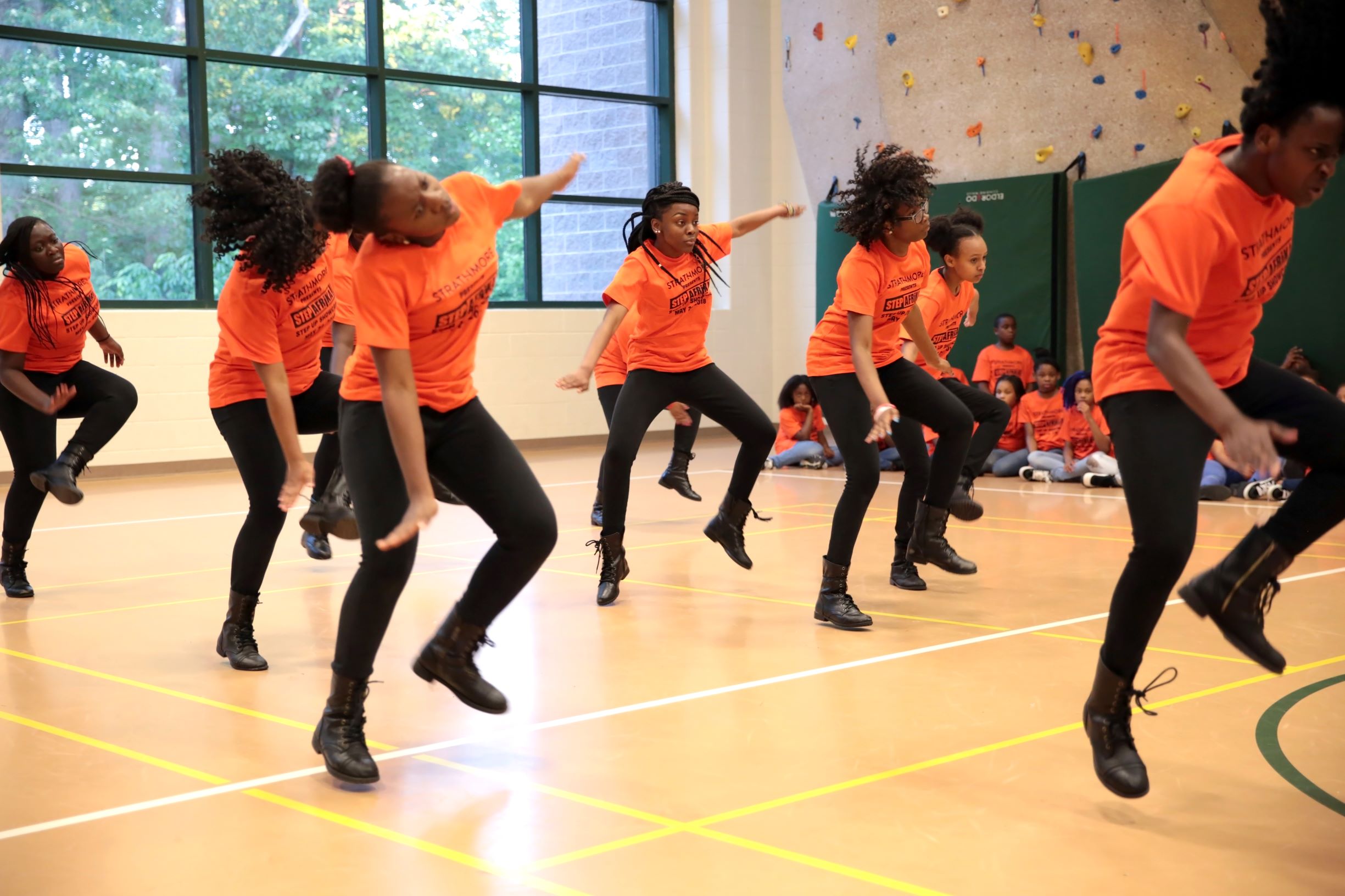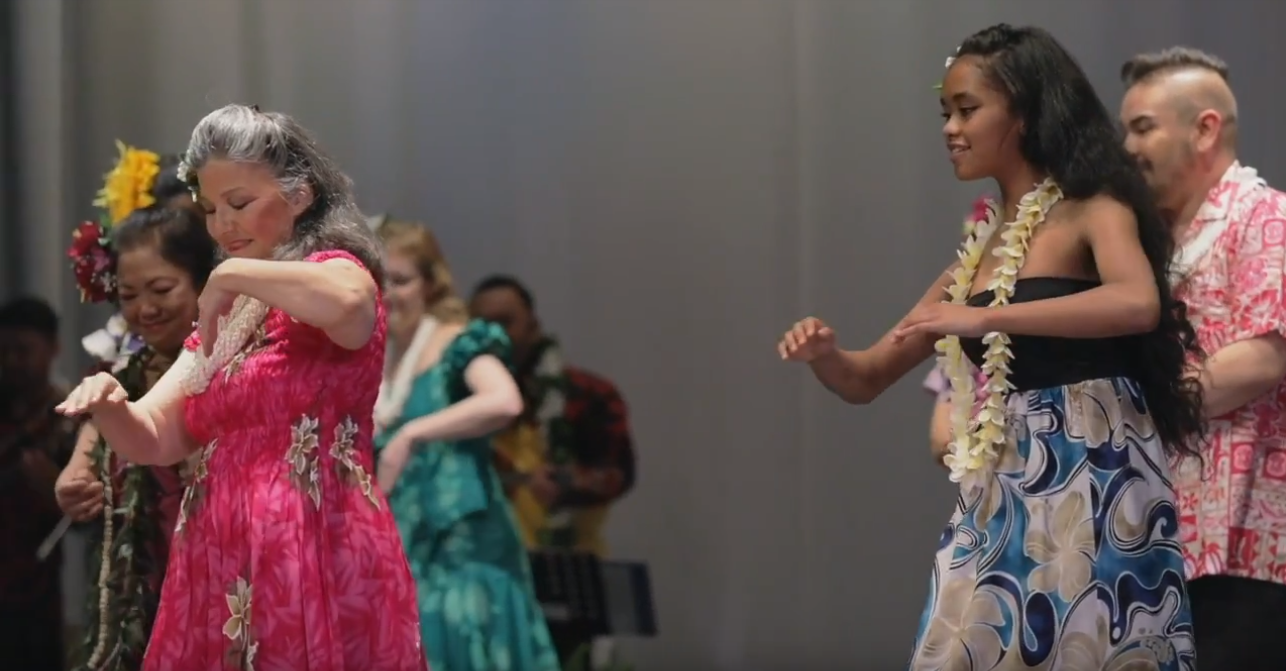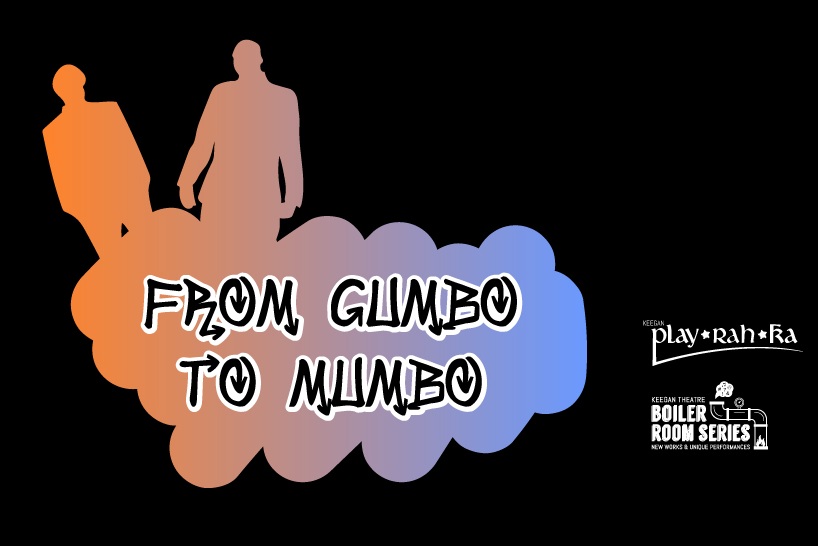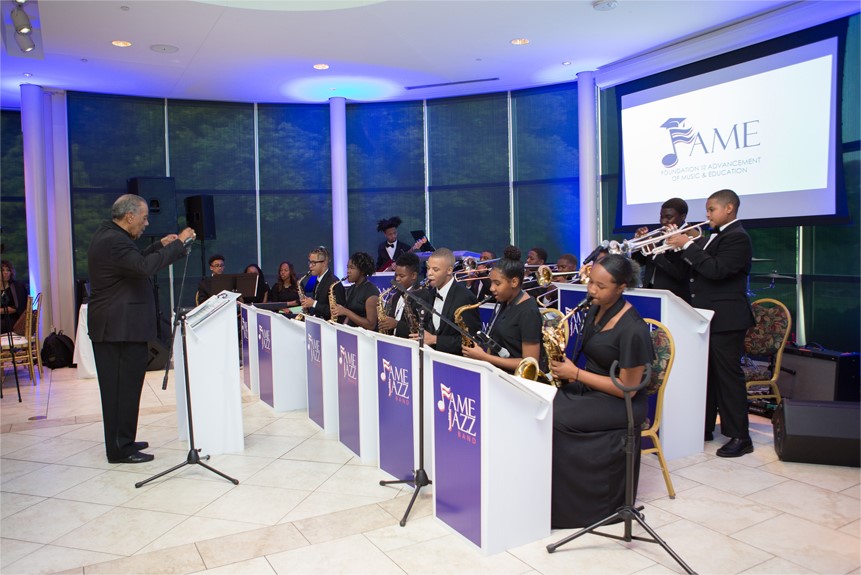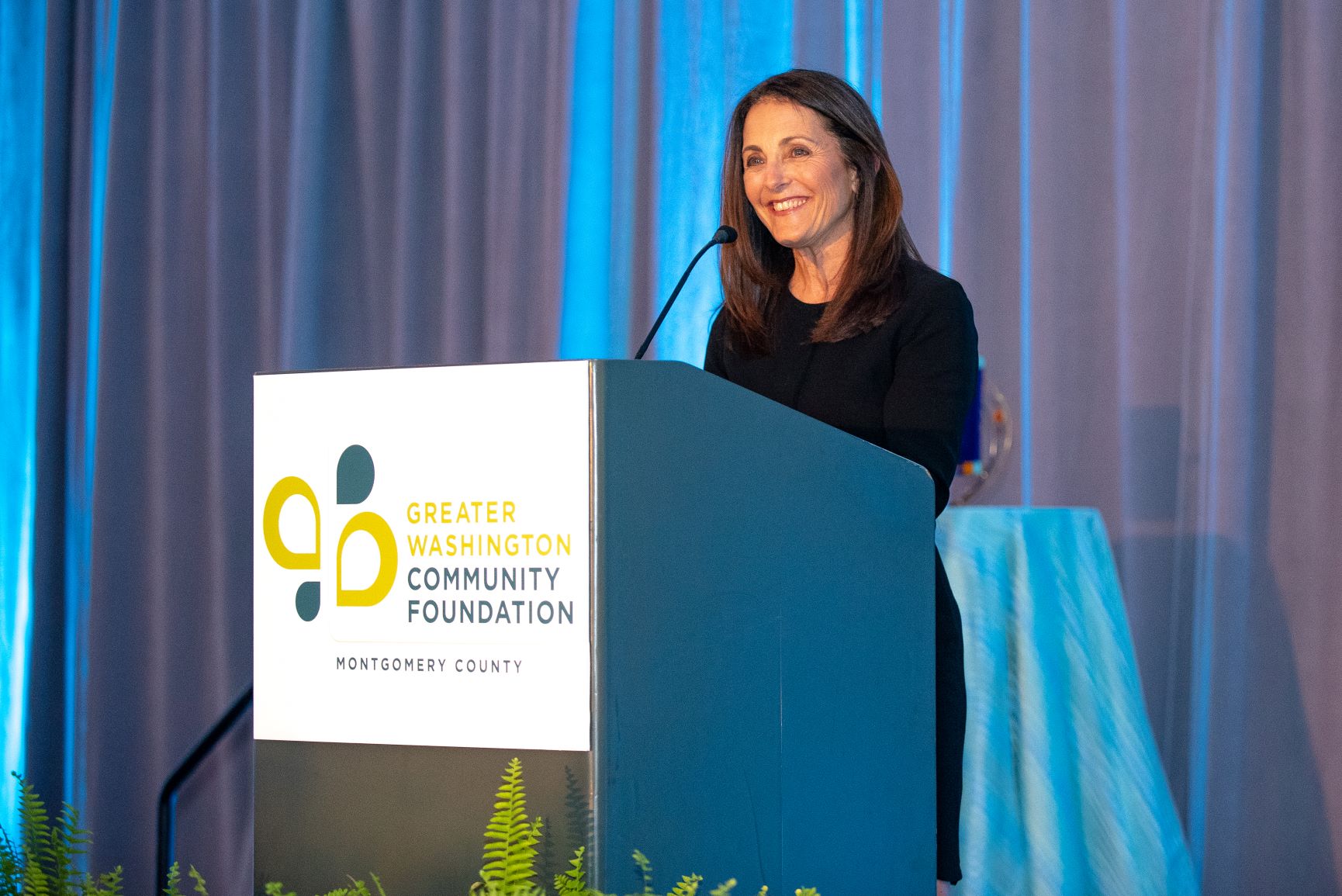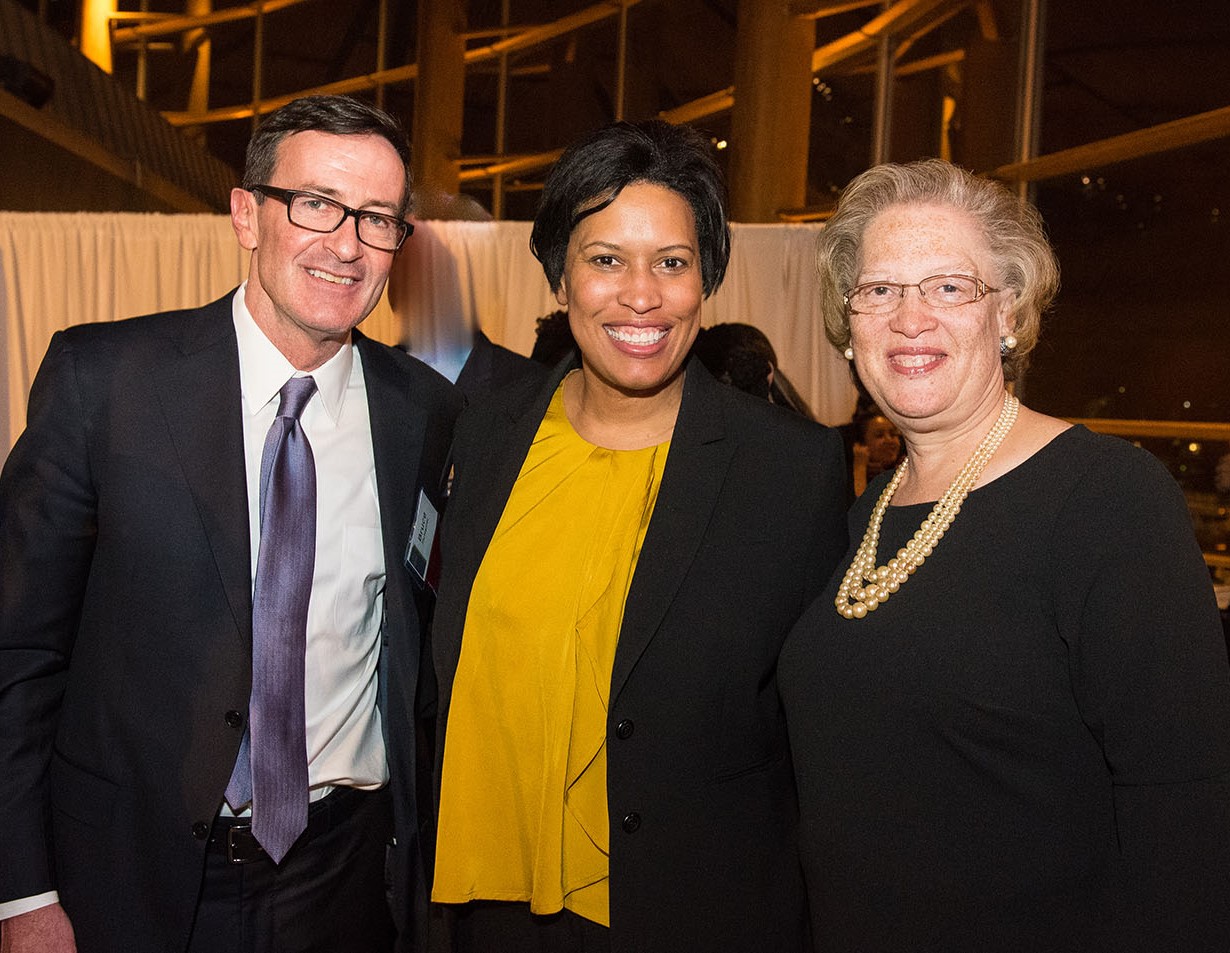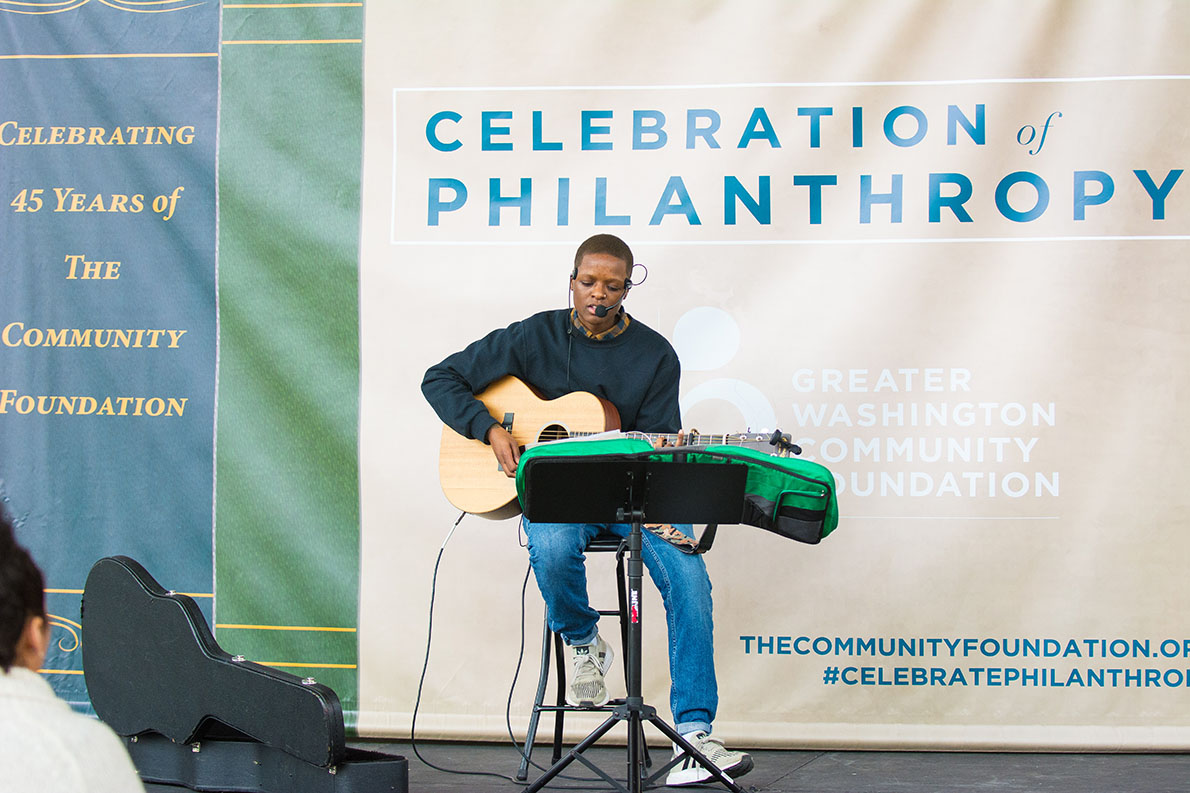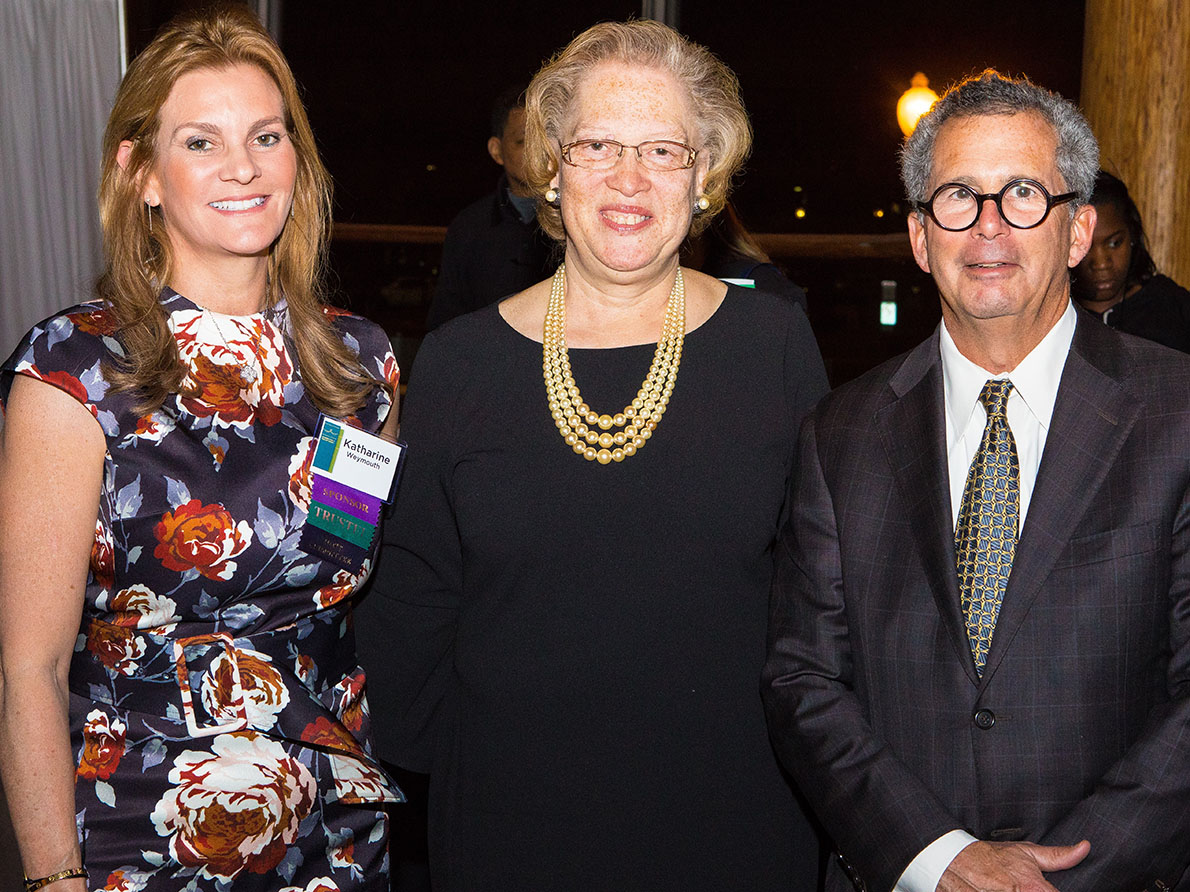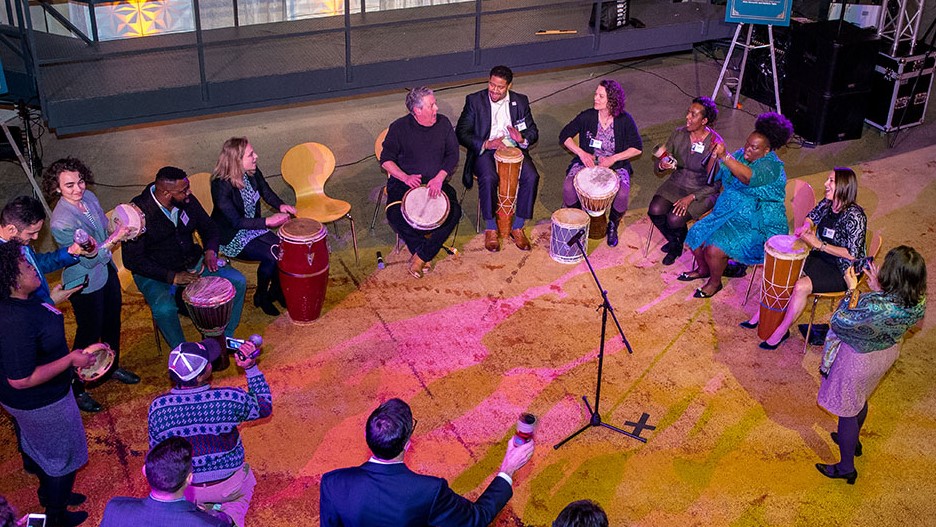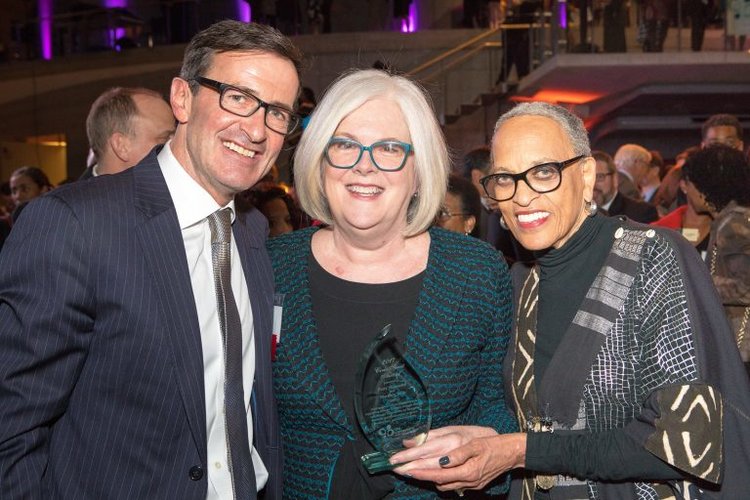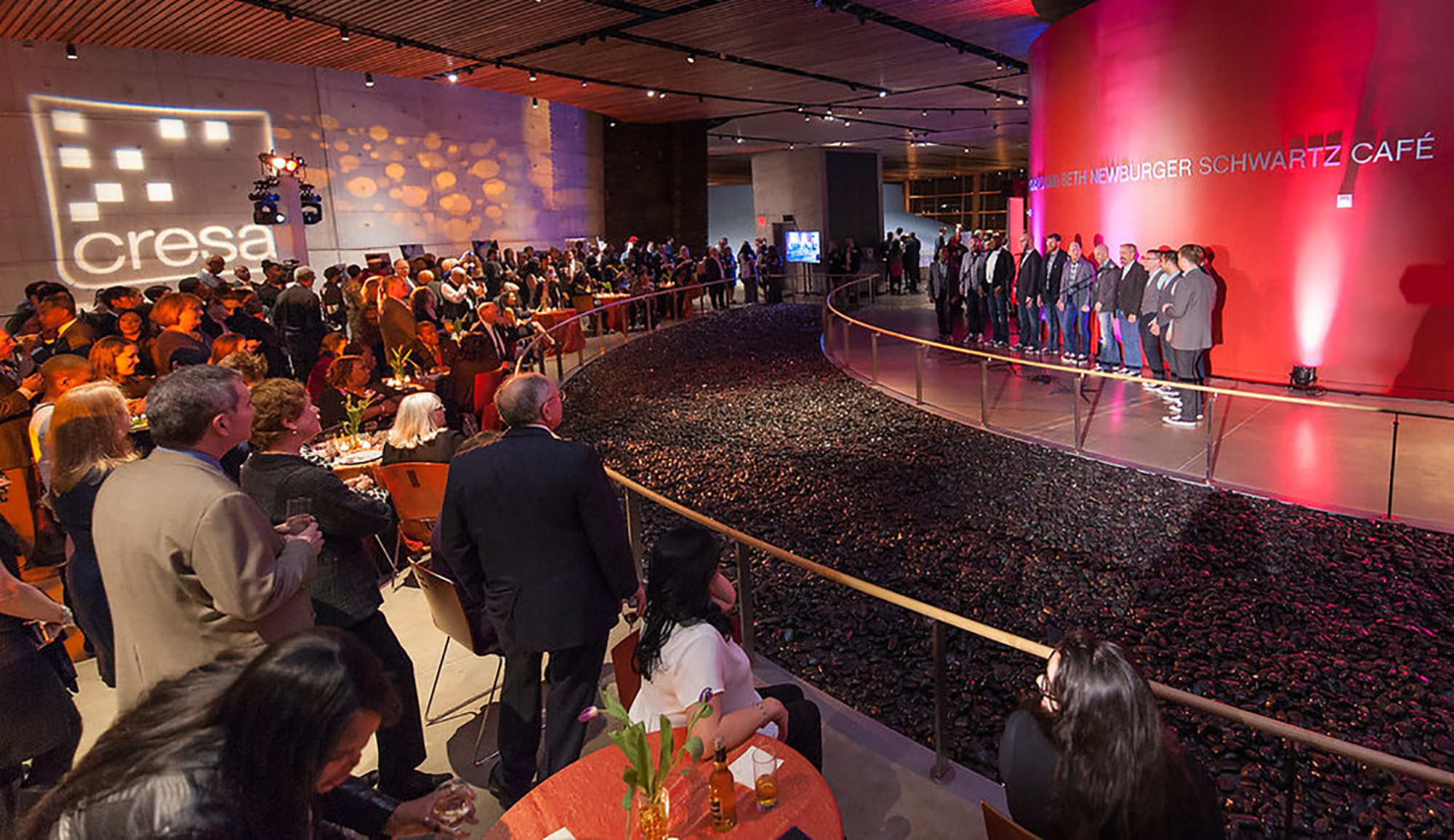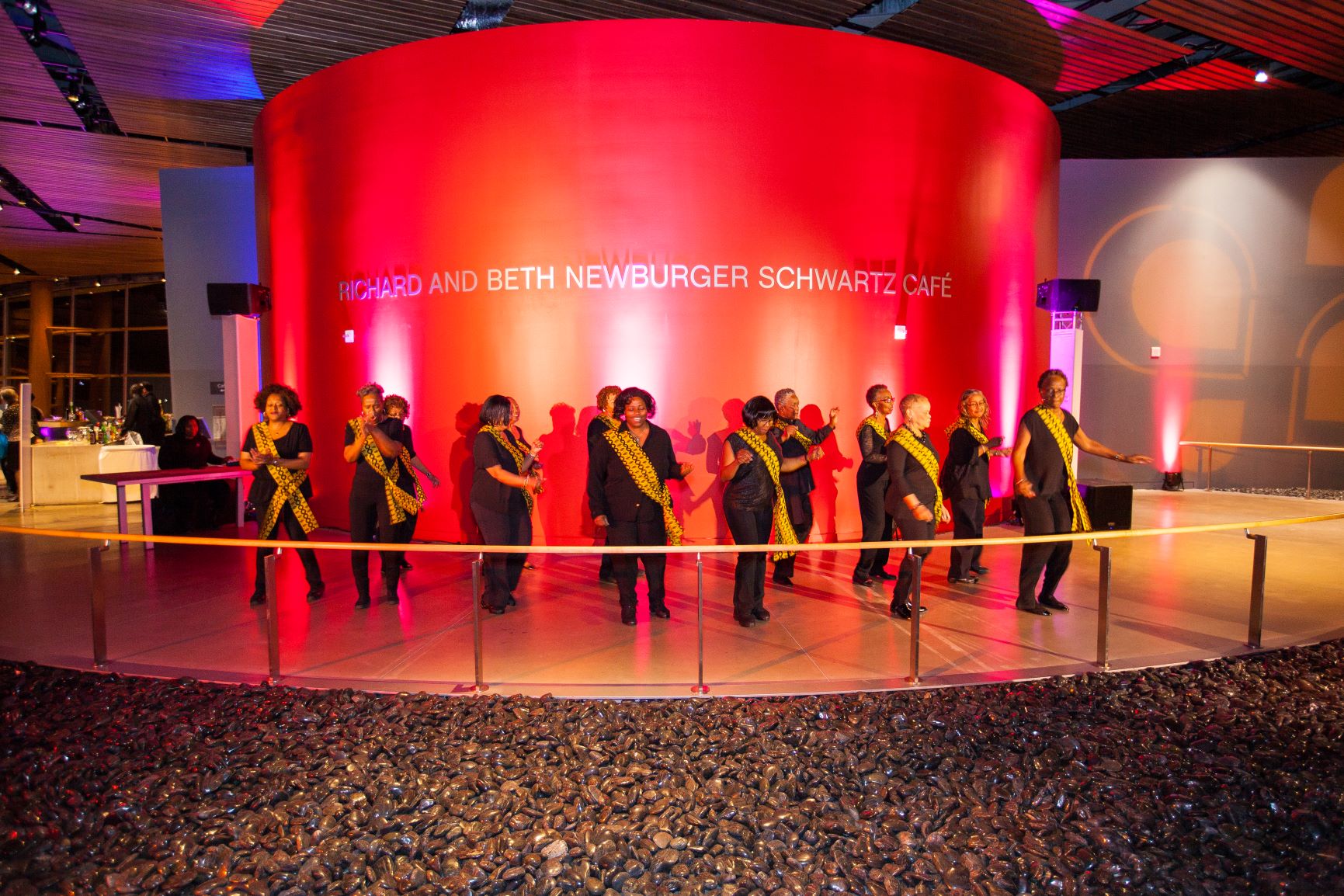Our annual Celebration of Philanthropy is the region’s largest annual celebration of local philanthropy. This year, even our performers – live musicians, actors, poets and dancers – are nonprofits and local artists who are supported by The Community Foundation and our community of givers. We are so excited to announce the organizations who will entertain you at our Celebration on Monday, March 25, 2019.
Musicians
Josanne Francis*
Josanne Francis is a Strathmore Artist in Residence, a program which provides emerging musicians with mentorship, professional development, and performance opportunities. Born and raised in the twin-island Republic of Trinidad & Tobago, Josanne is an internationally known steelpan performer and music educator. Josanne’s music blends together and draws influences from traditional Calypso music, Jazz, Indian, Funk, Rock and Classical music - a unique mix which is not typical for the instrument. She currently serves as the Artistic Director of the Cultural Academy for Excellence, Inc. and teaches at the International High School at Langley Park.
FAME – The Foundation for the Advancement of Music & Education, Inc.
Founded in 2004, FAME’s mission is to positively impact the lives of youth through access to quality music, education, programs, and experiences. FAME brings equity to the educational system by ensuring that young people, regardless of social and economic need, have access to quality music and music education. We prepare youth for college and career through a four-pronged approach: Music Instruction, Educational Support, College Preparation, and Work Readiness. The 18-piece FAME Jazz Band features a group of inspired and talented middle and high school students who live or attend school in Prince George’s County, Maryland.
Actors and Poets
The Keegan Theatre
The Keegan Theatre’s mission is to take audiences to the vital heart of the theatre experience, featuring extraordinary artists in an intimate setting exploring the human condition.
Keegan’s performance includes an excerpt from the upcoming production of FROM GUMBO TO MUMBO, an original play based on a spoken-word piece developed by the show’s co-stars, Dwayne Lawson-Brown and Drew Anderson. Centering around a narrative about the realities of growing up black and male in DC, FROM GUMBO TO MUMBO combines theatre, spoken word, and hip-hop to explore contemporary themes.
Dancers
The PB Eclectic Steppers*
Through a partnership with Montgomery County Public Schools and Step Afrika!, Strathmore’s Step Up East County program provides professional step instructors to empower four youth step teams by teaching them the core values of step (teamwork, commitment, and discipline). Part of Strathmore’s Bloom initiative in eastern Montgomery County, The PB Eclectic Steppers reign from Paint Branch High School. They excel in the classroom and on the stage and are dedicated volunteers in their communities. When these ladies hit the stage, be ready for an ECLECTIC and ELECTRIC performance!
CityDance DREAM
Founded in 1996 with a mission to transform lives and communities through dance, CityDance pursues a vision of a thriving DC arts community where every child has access to the benefits of an arts education and world-class dance is available to all. CityDance DREAM uses dance as the vehicle through which students develop core competencies for reaching their full potential. DREAM provides free after-school programs, summer camps and in-school performances to thousands of students in underserved neighborhoods. DREAM’s signature work, Warrior, is a high energy, Afro-Contemporary original piece bringing together the force, power and grace of 13 students in 7th–12th grades.
Halau Nohona Hawaii
Hālau Nohona Hawai`i (HNH) is a Hawaiian cultural school with a mission to cultivate, protect, and perpetuate the cultural practices, knowledge, and traditions of nā kūpuna (elders) through the teachings of hula, language, chant, protocols, music, and history. The school was founded in 2014 for those who have a desire to learn from the heart, nurture Hawaiian practices with integrity, and live a life of Hawaiian core values; and to unite people, organizations, and resources to build a stronger Hawai`i community in the National Capitol region. HNH will demonstrate two types of hula: auana (modern) and kahiko (traditional), with an oli (chant), accompanied by live music in both English and Hawaiian.
We hope you will join us to see these wonderful artists on March 25! Tickets are now on sale.
*Josanne Francis and The PB Eclectic Steppers join us courtesy of the Strathmore Hall Foundation, Inc.
Strathmore Hall Foundation, Inc.
Strathmore presents and produces exemplary visual and performing arts programs for diverse audiences; creates dynamic arts education experiences; and nurtures creative ideas and conversations that advance the future of the arts.

